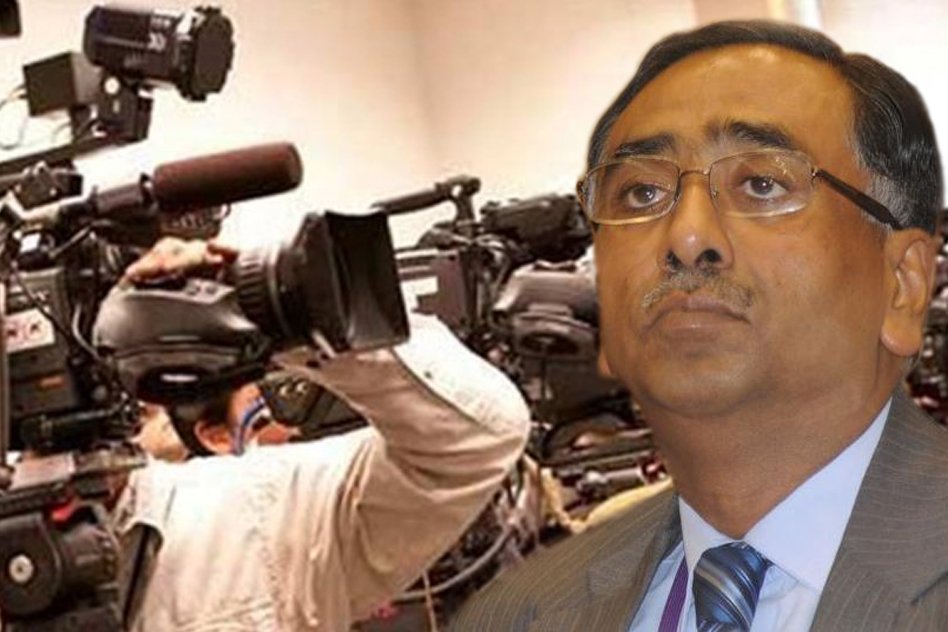
NHRC Member Highlights What Is Wrong With The Mainstream Media
14 March 2016 1:47 PM GMT
Source:Anil Parashar | Image Courtesy: dialogos thenewswall
The National Human Rights Commission, NHRC in collaboration with Indian Law Institute, ILI organised a day-long workshop for media persons on ‘Media and Human Rights: Issues and Challenges’ at ILI, New Delhi today. Mr. S.C. Sinha, Member, NHRC, inaugurating the programme said that the Commission recognizes and cherishes the media as a valuable ally in addressing human rights violations in the country.
The NHRC Member said that the role of media in highlighting the acts of commission, omission, abetment and negligence of the State and its agencies, which result in rights violations, is indispensible to the work of the Commission. There have been several instances when media has acted as an agent for constructive change and notable developments within human rights jurisprudence. Describing journalists and other associated with media as human rights defenders, he said that attacks on them by vested interests are condemnable for not only do they weaken the freedom of the media but also democratic processes.
Mr. Sinha said that media is very powerful but ‘with great power comes great responsibilities’ also. He said that in order to become genuine protectors of human rights, the media must steer clear of sensationalism and provocative journalism, which can cause considerable damage to not only to individuals but also vitiate the larger socio-cultural-religious relations in society. Therefore, he said, there is a need for a close and serious introspection and the questioning of numerous media practices, which may, inadvertently, violate or lead to human rights violations.
Mr. Sinha said that the ‘Golden Triangle’, comprising equality before law, freedom of speech of expression and the protection of life and personal liberty under Articles 14, 19 and 21 of the Indian Constitution provide the broad framework of rights and responsibilities that the media must actively speak to operate within.
Describing media trials as very anti-thesis to the rule of law, he said that these may lead to a gross miscarriage of justice, which is a matter of urgent concern and required to be pondered over by the media in earnest. He quoted a key recommendation in the 200th report of the Law Commission of India that “…. Journalists need to be trained in certain aspects of law relating to freedom of speech in Article 19 (1) (a) and the restrictions which are permissible under Article 19 (2) of the Constitution as also of various human rights and Law of Defamation and Contempt.”
Mr. Sinha said that unfortunately, in recent times, it has been observed that mainstream media often fails to reflect some of the pressing challenges that confront large sections of society including Dalits, Adivasis, women, rural poor, urban poor and workers in the unorganized sector, among others. It appears that human rights violations only committed by the State and its various agencies against the urban elite and middle classes are now considered worthy of mainstream media space. He lauded the role of the vernacular media for continuing to highlight important human rights issues from the forgotten regions of the country.
Earlier, addressing the participants, Dr. Manoj Kumar Sinha, Director, ILI highlighted the role of media in building awareness about various issues, including human rights. He said that the first case registered by the NHRC on the basis of a media report signifies the importance the media can play in the promotion and protection of human rights.
 All section
All section













